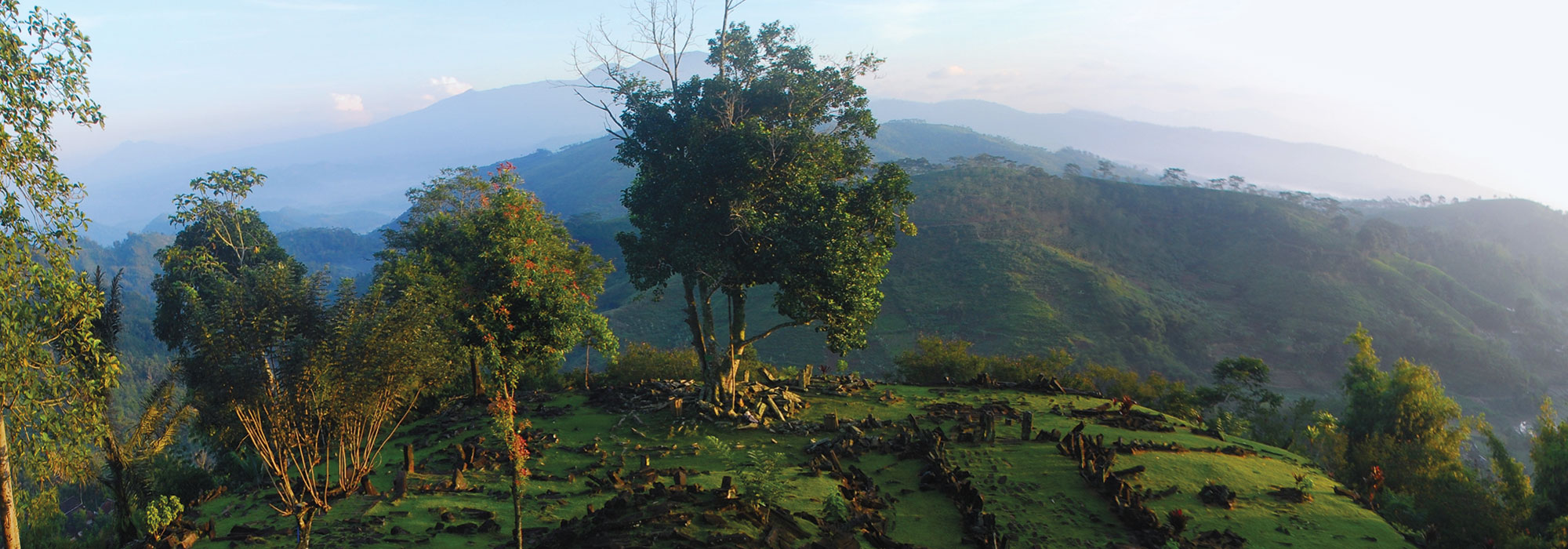LONDON, ENGLAND—According to a statement released by Antiquity, a new study of rock engravings along the Atures Rapids on the Orinoco River in Colombia and Venezuela suggests that they may have been used to communicate territorial boundaries more than 2,000 years ago. Philip Riris of Bournemouth University and his colleagues worked with local guides to map artworks at 14 sites in the river basin with drone photography. Some of these rock art sites had been previously identified, but a few of them were discovered during the project. The images, including depictions of snakes measuring more than 130 feet long, resemble motifs on pottery uncovered in the area. “We know that anacondas and boas are associated with not just the creator deity of some of the Indigenous groups in the region, but that they are also seen as lethal beings that can kill people and large animals,” Riris said. Team member José Oliver of University College London noted that this stretch of the river was an important trade route and point of contact for local groups. The researchers suggest that the monumental artworks would have been highly visible. “Snakes are generally interpreted as quite threatening, so where the rock art is located could be a signal that these are places where you need to mind your manners,” Riris concluded. Read the original scholarly article about this research in Antiquity. To read about other rock art identified along the Atures Rapids, go to "World Roundup: Venezuela."
Rock Art May Have Marked Territory in South America
News June 5, 2024
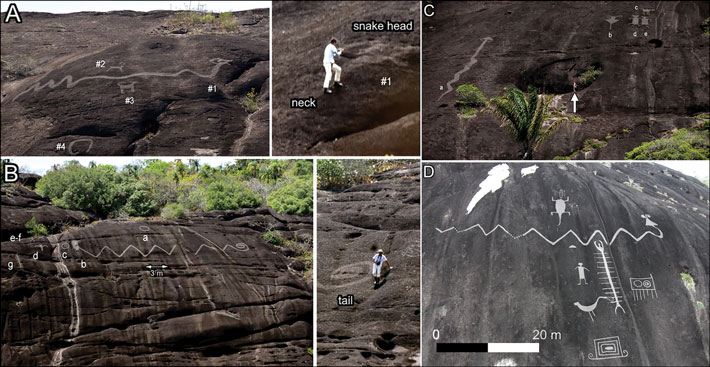
(Riris et al. 2024, © Antiquity Publications Ltd.)
SHARE:
Recommended Articles
Artifacts July/August 2025
Maya Ceramic Figurine
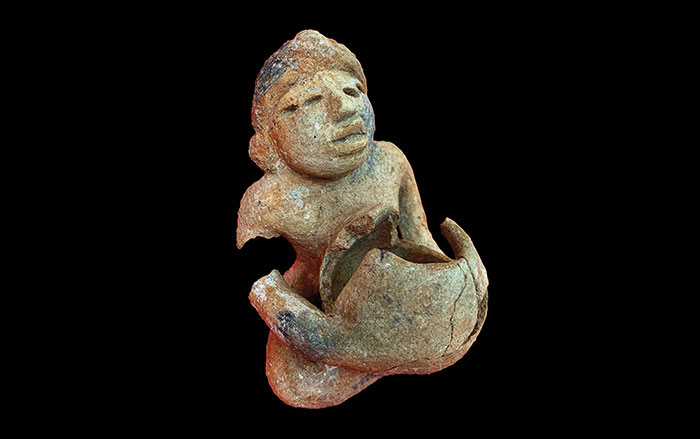
Courtesy Ken Seligson
Off the Grid July/August 2025
Vichama, Peru
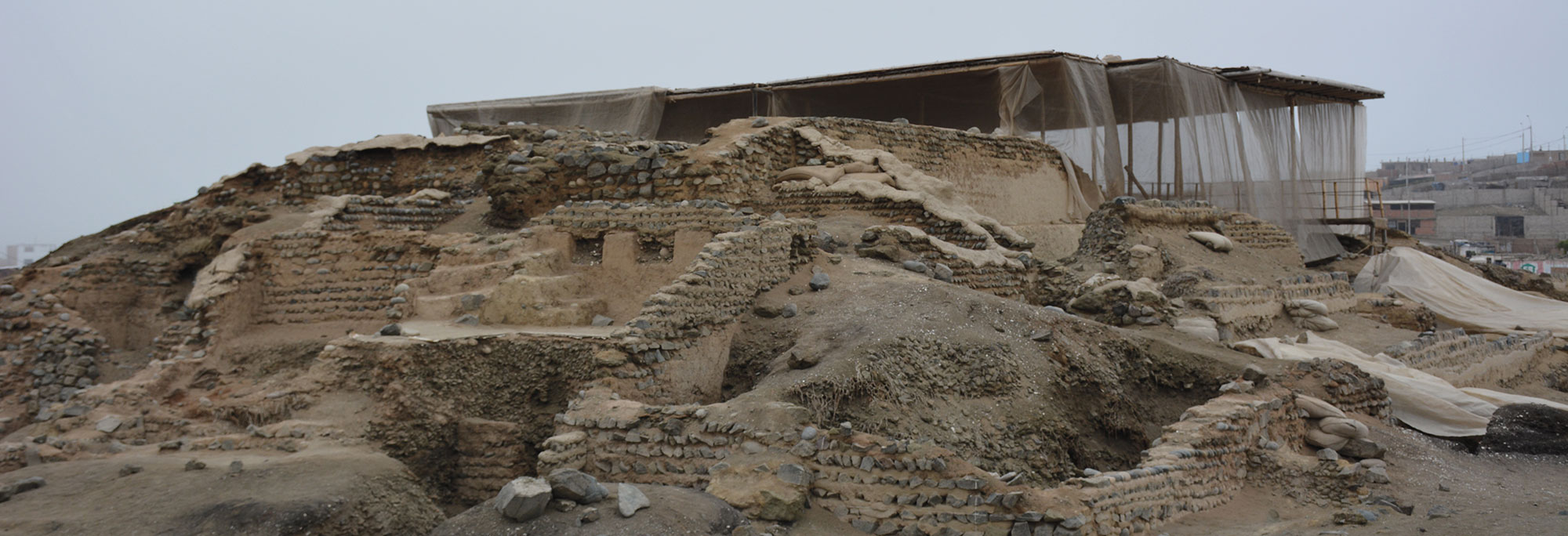
Lisa Trever
Digs & Discoveries July/August 2025
Bound for Heaven
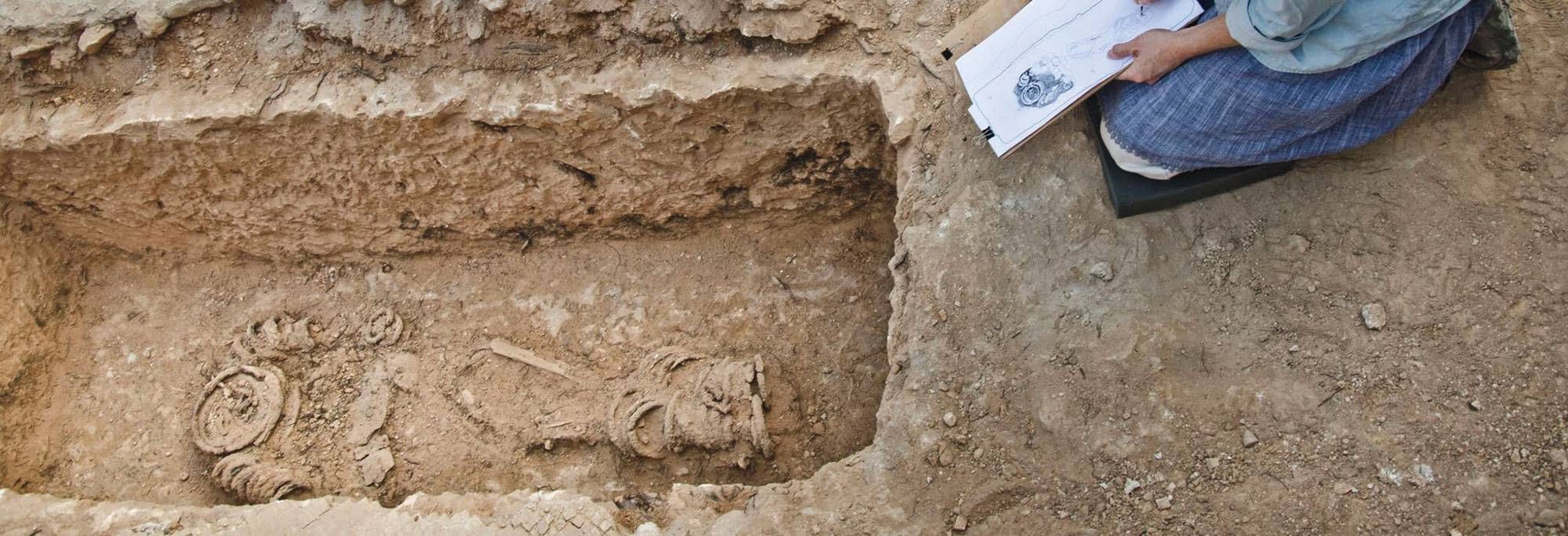
Yoli Schwartz, Israel Antiquities Authority
Digs & Discoveries July/August 2025
Saints Alive
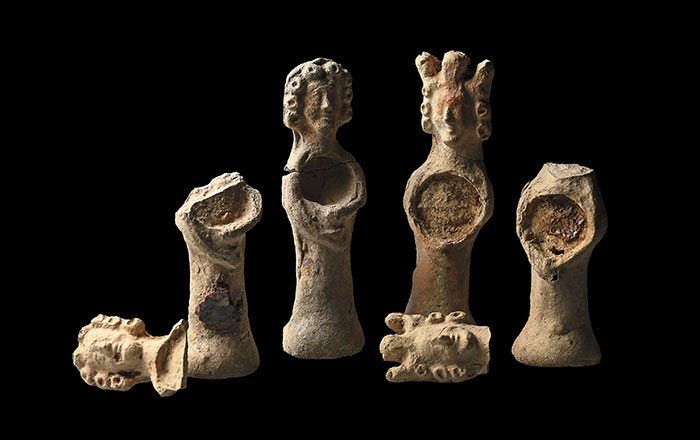
Berlin State Monument Office, Julia-Marlen Schiefelbein
-
Features July/August 2024
The Assyrian Renaissance
Archaeologists return to Nineveh in northern Iraq, one of the ancient world’s grandest imperial capitals
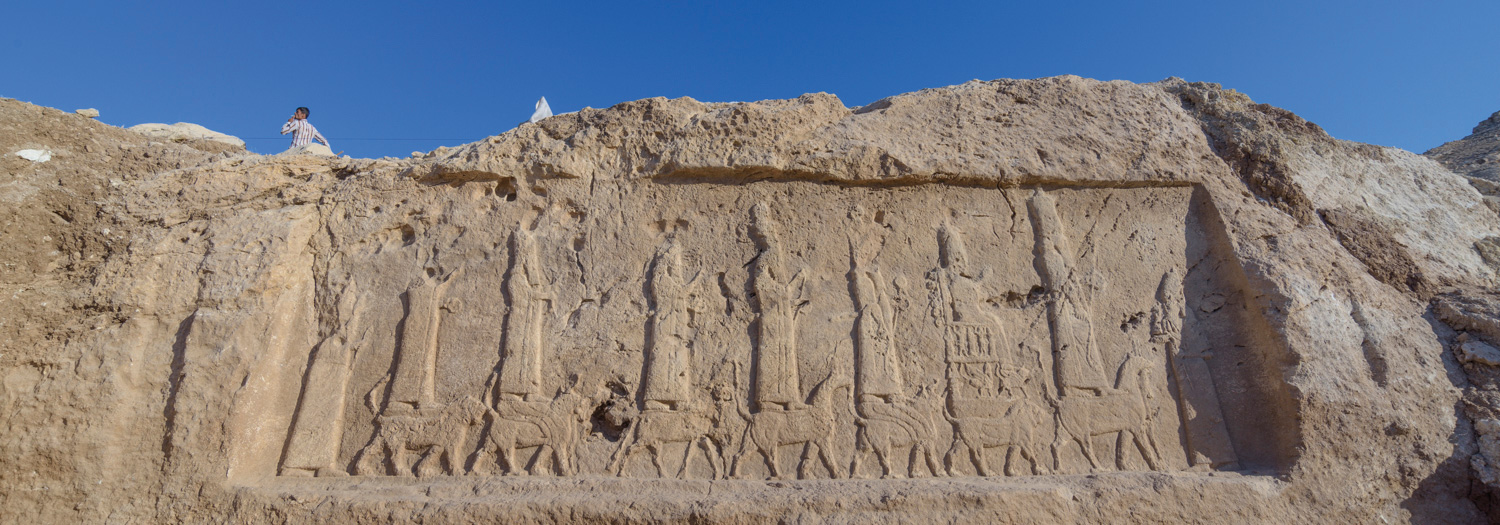 (Land of Nineveh Archaeological Project)
(Land of Nineveh Archaeological Project) -
Letter from Nigeria July/August 2024
A West African Kingdom's Roots
Excavations in Benin City reveal a renowned realm’s deep history
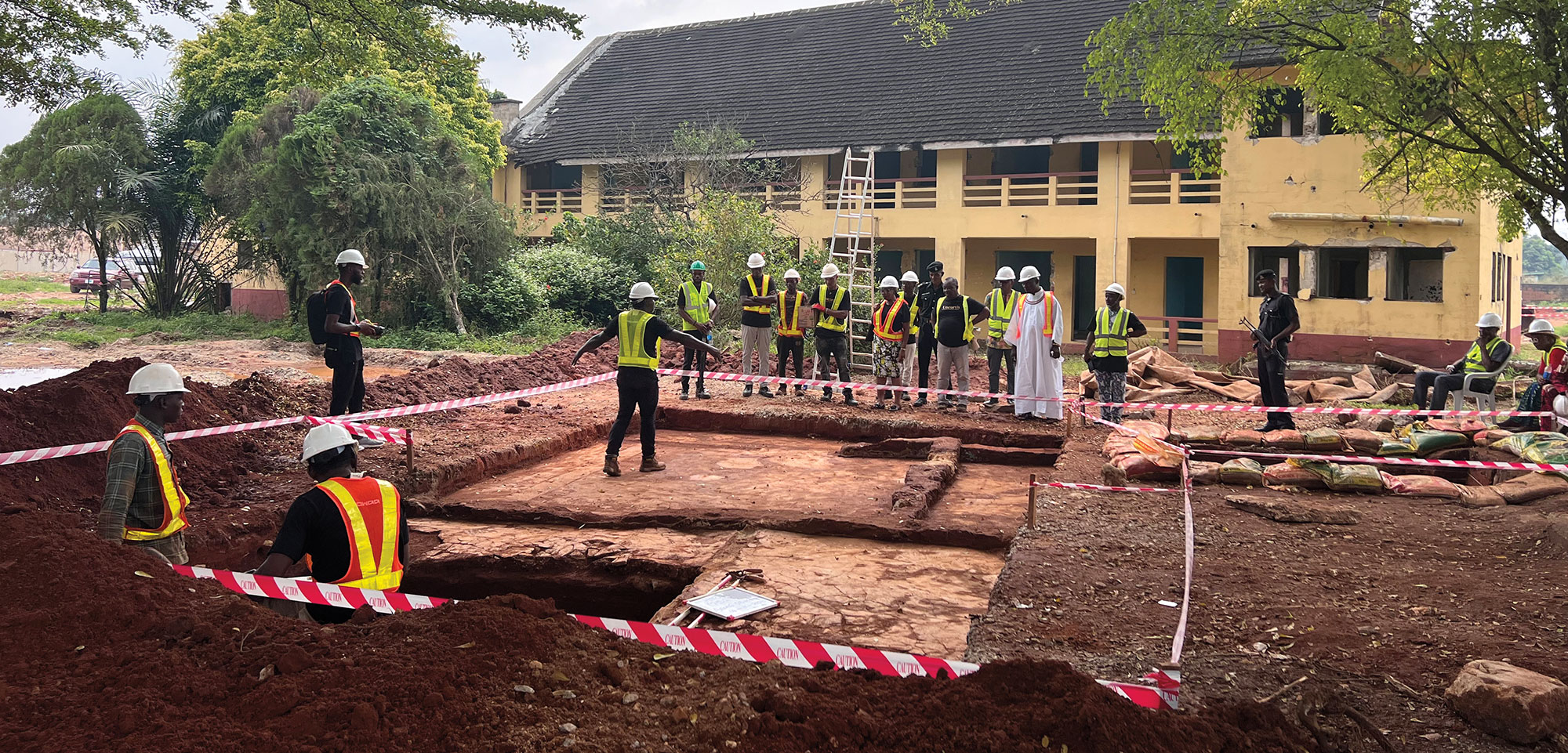 (Mike Pitts)
(Mike Pitts) -
Artifacts July/August 2024
Etruscan Oil Lamp
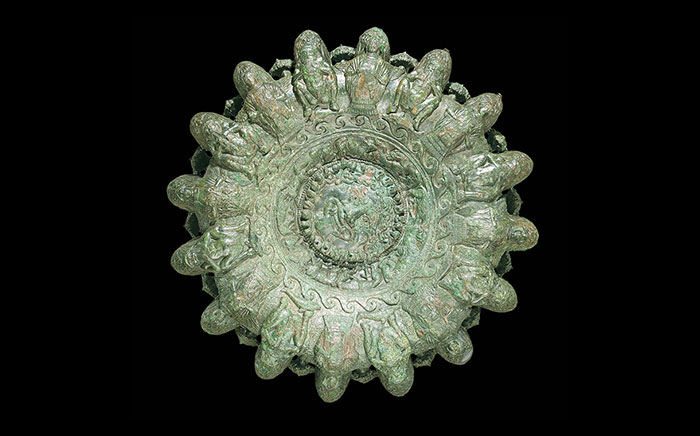 (Courtesy Museo dell’Accademia Etrusca e della Città di Cortona; © DeA Picture Library/Art Resource, NY)
(Courtesy Museo dell’Accademia Etrusca e della Città di Cortona; © DeA Picture Library/Art Resource, NY) -
Digs & Discoveries July/August 2024
Bronze Age Beads Go Abroad
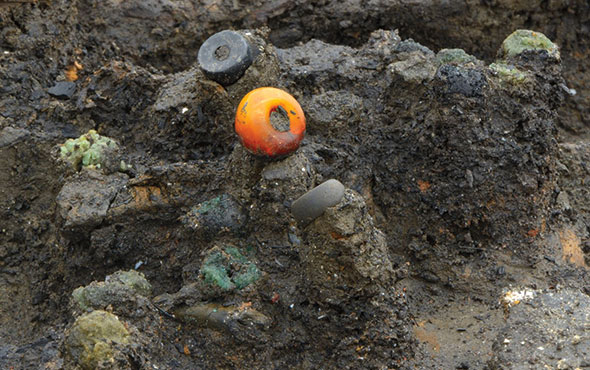 (Courtesy Cambridge Archaeological Unit)
(Courtesy Cambridge Archaeological Unit)


